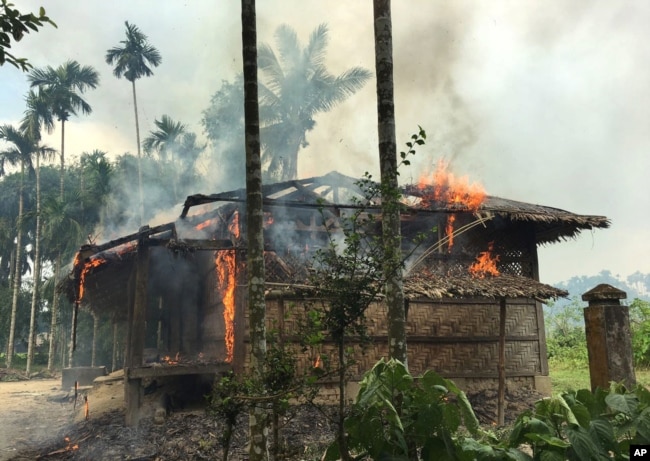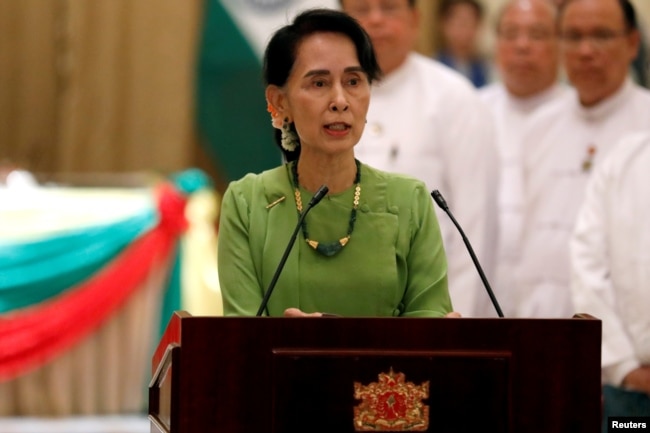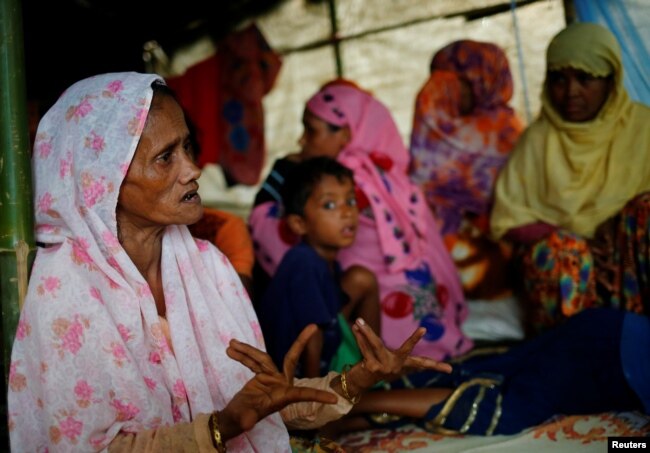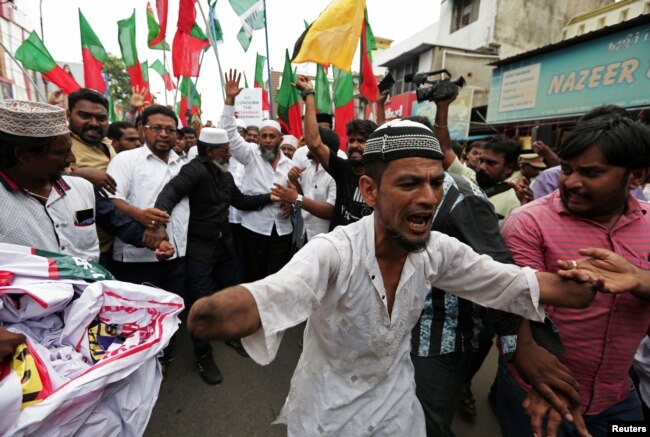NEW DELHI: The proposed highway covering India, Myanmar and Thailand is expected to be operational soon, Commerce and Industry Minister Anand Sharma said today.
The highway will help in smoother and faster movement of goods between these regions.
"We are presently working with the governments of Myanmar and Thailand to develop the trilateral highway which hopefully will be completed soon," Sharma said here at a CII function.
The idea of the highway - from Moreh in Manipur to Mae Sot in Thai ..
Read more at:
India, Myanmar, Thailand trilateral highway may start soon - The Economic Times
The highway will help in smoother and faster movement of goods between these regions.
"We are presently working with the governments of Myanmar and Thailand to develop the trilateral highway which hopefully will be completed soon," Sharma said here at a CII function.
The idea of the highway - from Moreh in Manipur to Mae Sot in Thai ..
Read more at:
India, Myanmar, Thailand trilateral highway may start soon - The Economic Times






